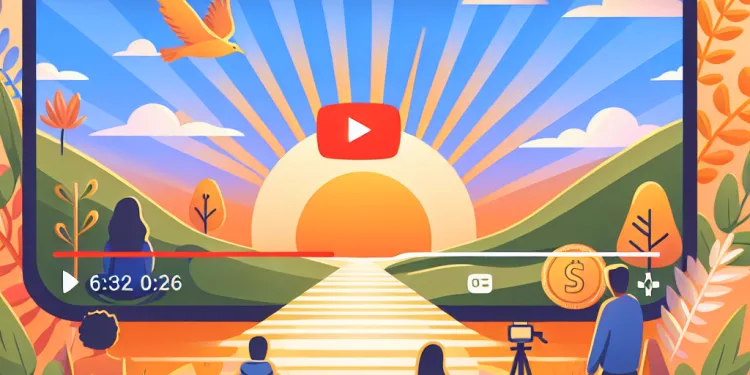
Find Help
More Items From Ergsy search
-
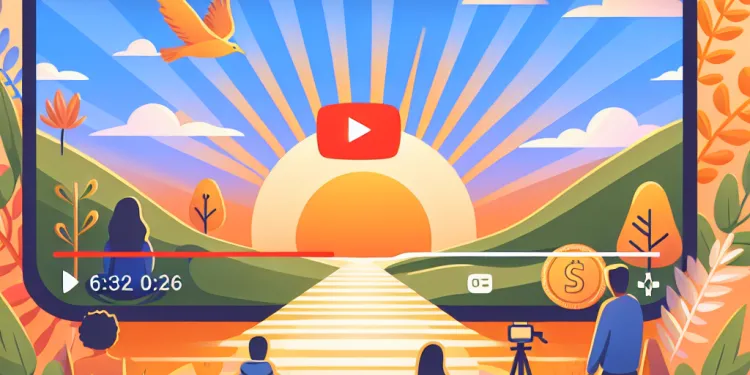
Mental Health Support Resources in the UK
Relevance: 100%
-

Mental Health Support Resources for Families
Relevance: 96%
-
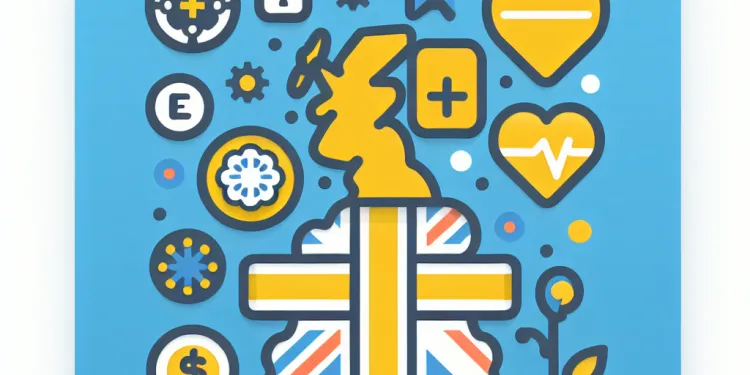
Accessing Mental Health Support Resources in the UK
Relevance: 92%
-
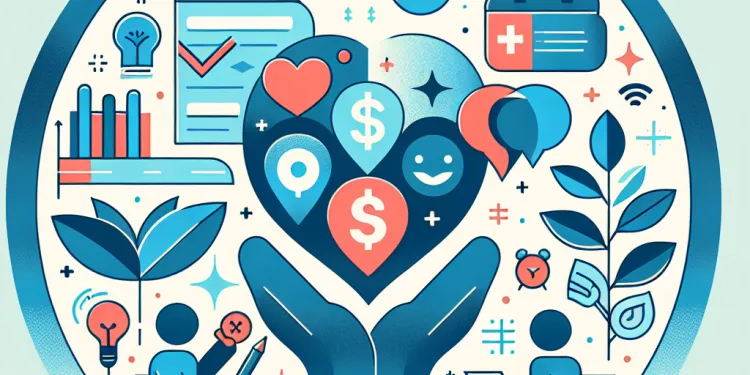
Mental Health Support for Families: Resources and Strategies
Relevance: 90%
-

Mental Health Support for Families: Resources and Guidance
Relevance: 90%
-
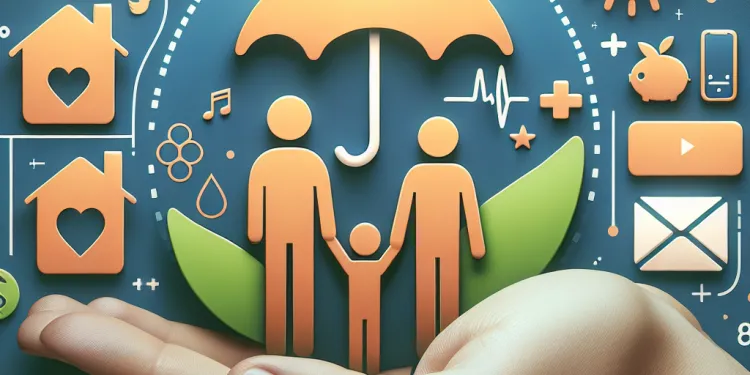
Mental Health Support for Families: Resources and Helplines
Relevance: 90%
-
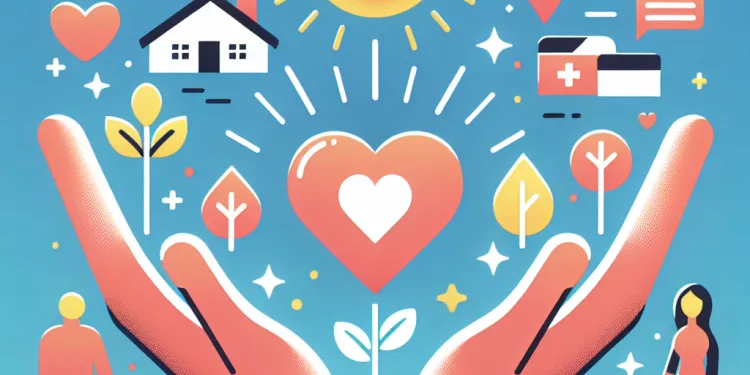
Mental Health Support for Families - Latest Resources and Guidance
Relevance: 86%
-
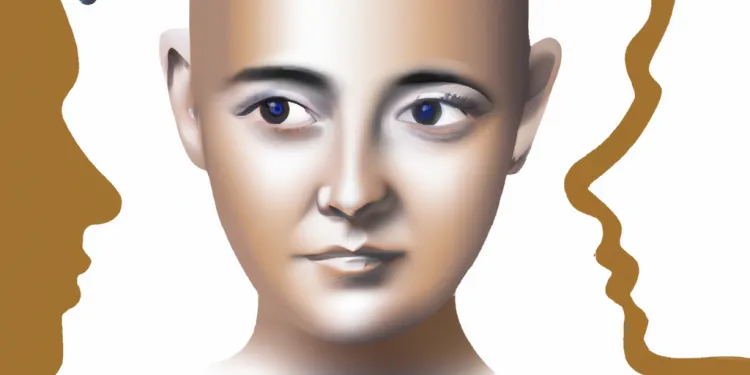
Mental Health Resources for Families
Relevance: 86%
-
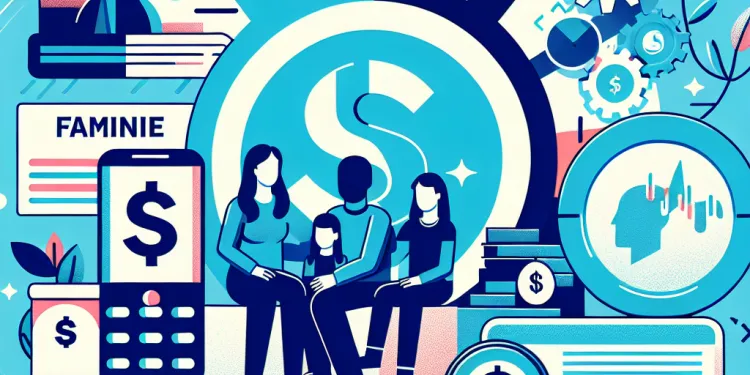
Advancements in Mental Health Resources for Families
Relevance: 81%
-
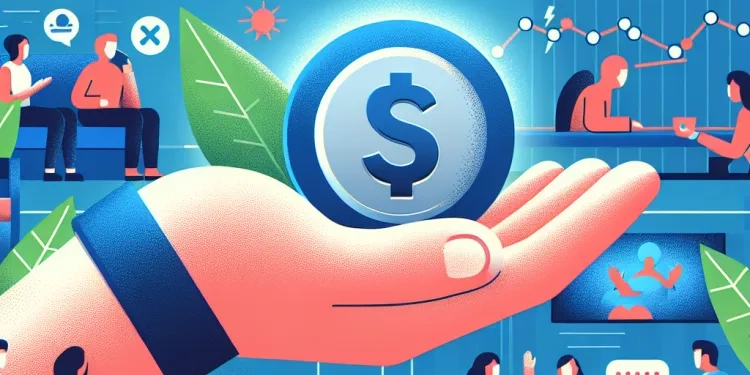
Mental Health Impact of Cost of Living Crisis and Support Resources
Relevance: 81%
-

Mental Health Support Services in the UK
Relevance: 78%
-
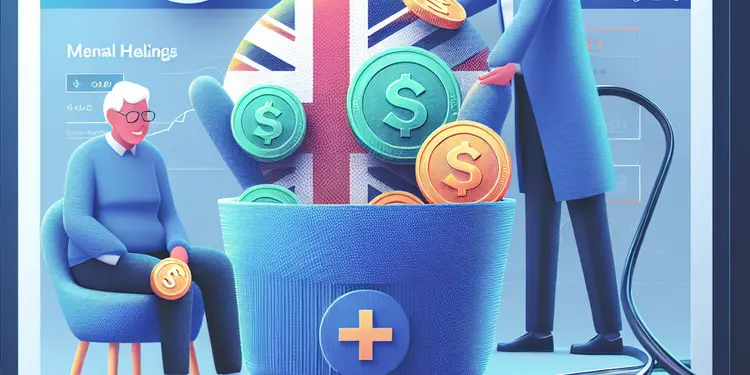
What mental health resources are available for seniors?
Relevance: 76%
-
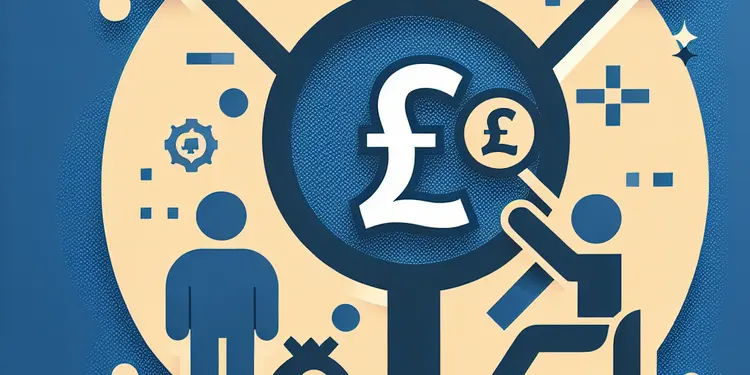
Can primary care support workers access mental health support?
Relevance: 71%
-
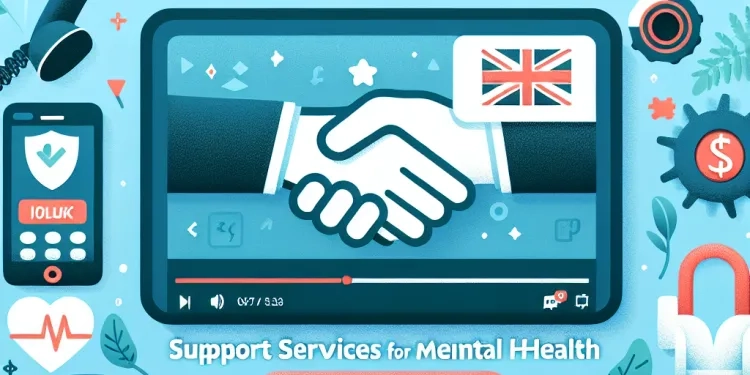
Support Services for Mental Health Amid Economic Uncertainty
Relevance: 69%
-

NHS Unveils Revolutionary Mental Health Support Initiative
Relevance: 66%
-
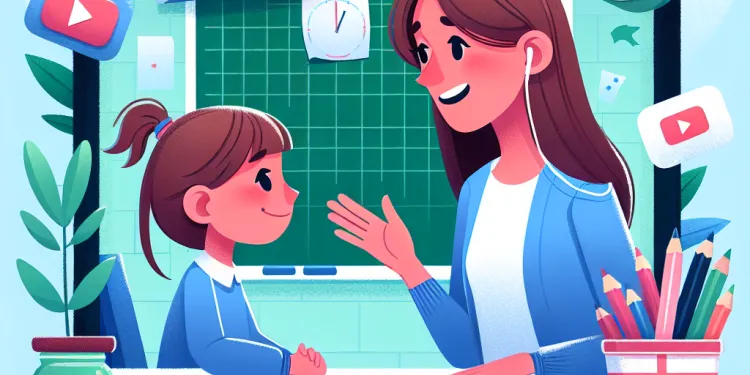
Understanding Mental Health in Children
Relevance: 61%
-

Mental Health: Laura's Story | NHS
Relevance: 58%
-
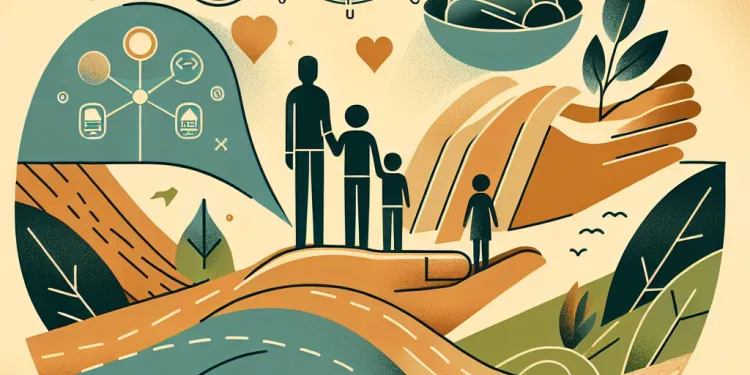
Navigating Mental Health Services for Children and Adolescents
Relevance: 58%
-
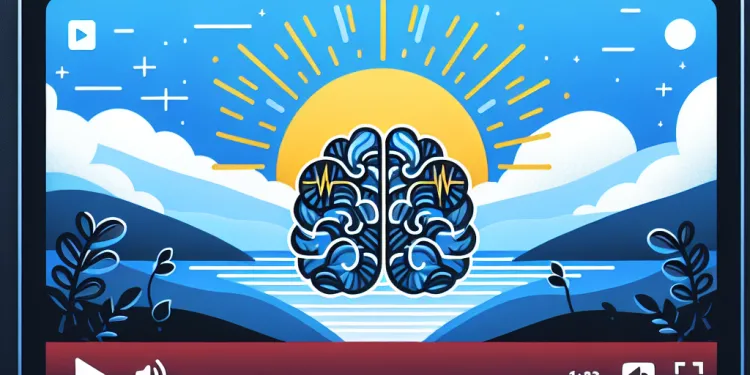
Current Challenges in Youth Mental Health Services
Relevance: 57%
-

Tackling Youth Mental Health: Community Initiatives and Solutions
Relevance: 56%
-
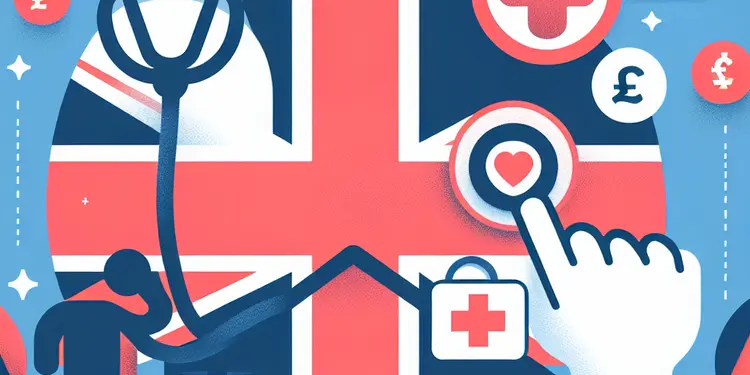
Can community helpers access physical health resources?
Relevance: 55%
-
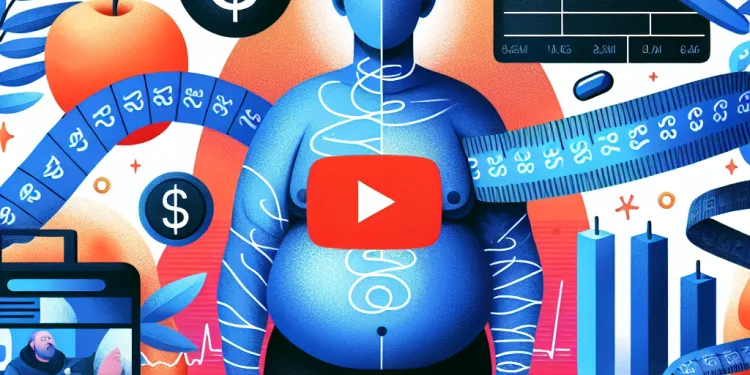
What is the impact of obesity on mental health?
Relevance: 54%
-
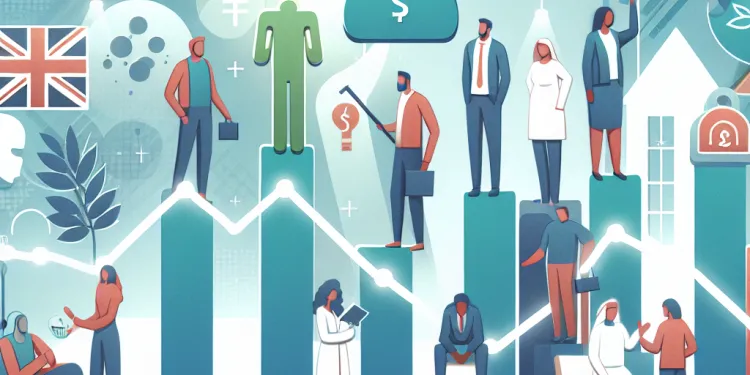
Mental Health Services Struggle to Cope Amid Record Demand
Relevance: 53%
-

Short Films About Mental Health - Trauma PTSD
Relevance: 50%
-
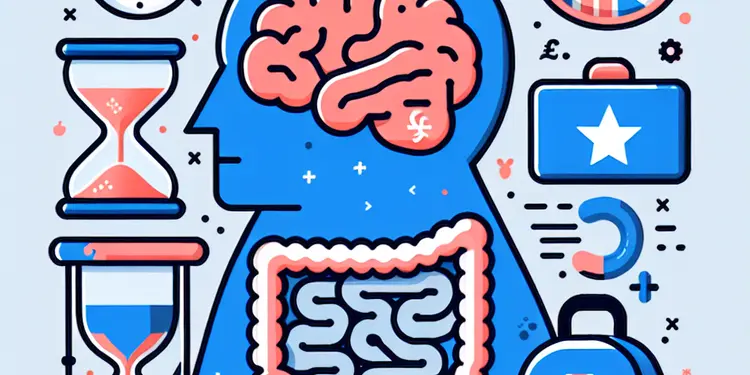
Can gut health affect mental health as one ages?
Relevance: 50%
-

Short Films About Mental Health - Anxiety
Relevance: 50%
-

What is the role of mental health assessments in indefinite sentences?
Relevance: 50%
-
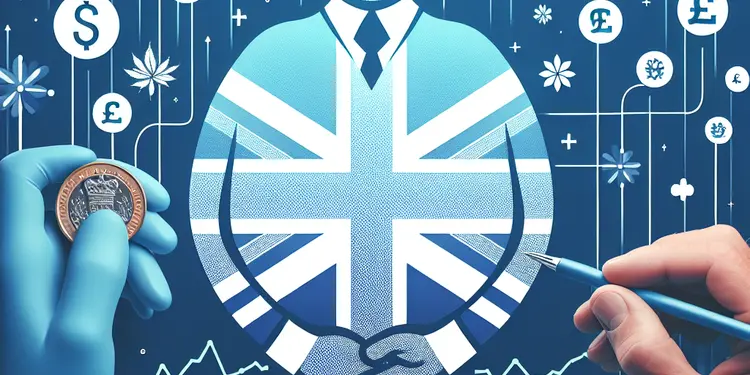
How can community helpers get mental health support?
Relevance: 50%
-
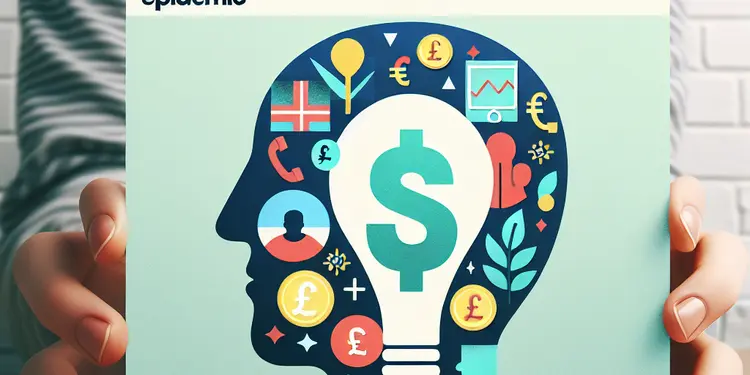
New Mental Health Strategy Launched to Address Youth Anxiety Epidemic
Relevance: 50%
-
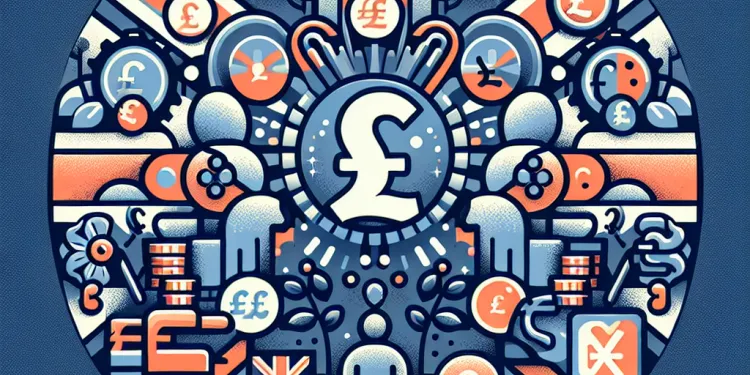
Can relationship problems be resolved to improve mental health?
Relevance: 49%
-
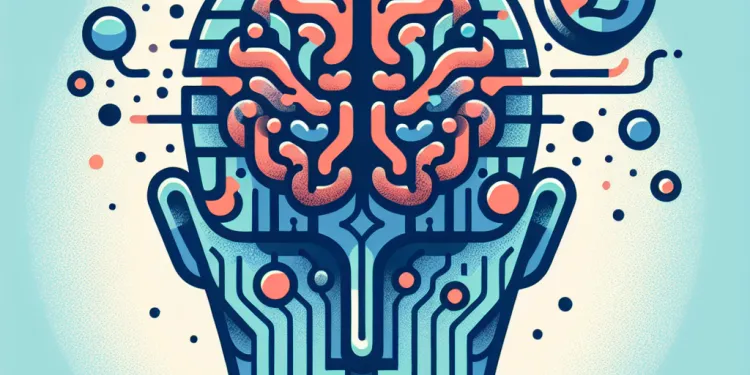
Can concussions lead to mental health issues?
Relevance: 48%
-
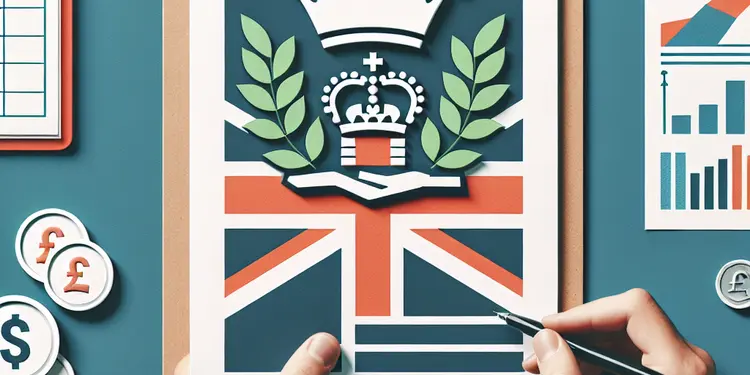
New Report Highlights Gaps in Mental Health Services for Welfare Recipients
Relevance: 48%
-
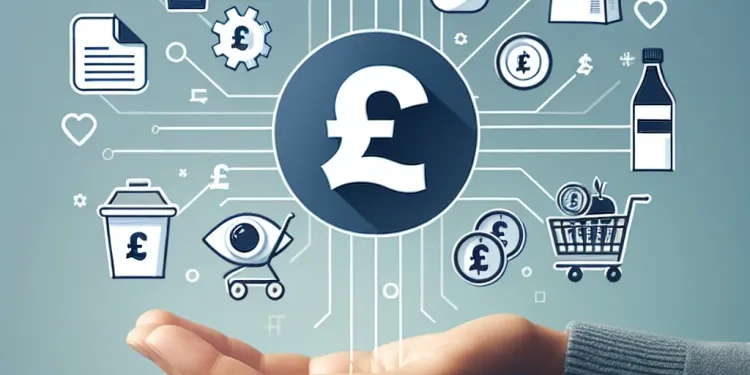
Essential Tips for Mental Health and Well-Being Amidst Rising Living Costs
Relevance: 47%
-
Can eating disorders occur with other mental health conditions?
Relevance: 47%
-

How do funding and resources affect SEND support?
Relevance: 47%
-
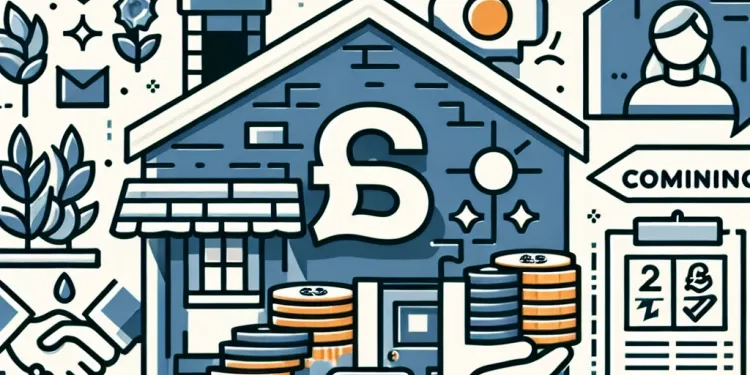
Addressing the Cost of Living Crisis: Community Support and Resources
Relevance: 47%
-

Can mixed exercises improve mental health?
Relevance: 46%
-
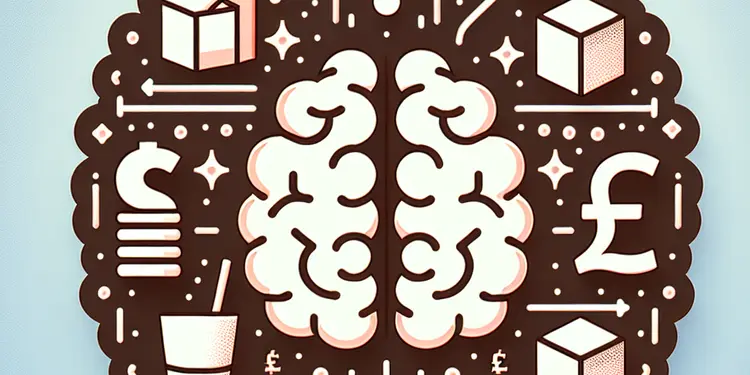
How does sugar impact mental health?
Relevance: 46%
-
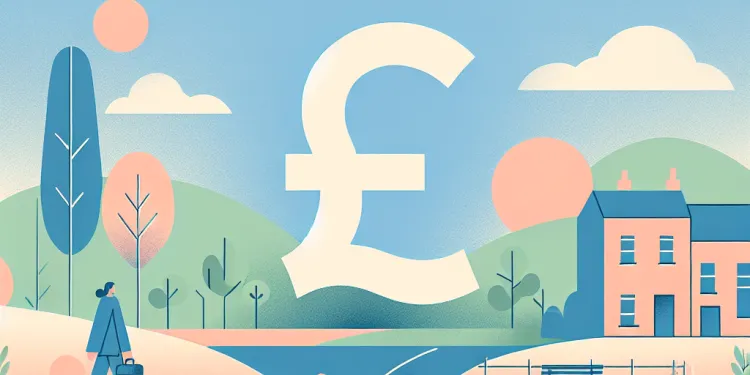
New Report Highlights Gaps in Mental Health Support for Benefit Recipients
Relevance: 46%
-
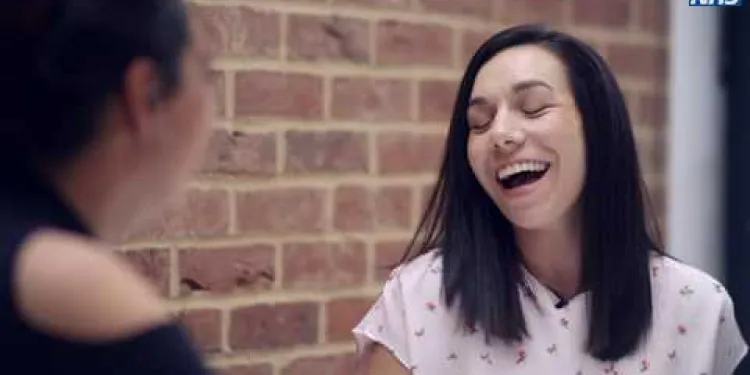
Short Films About Mental Health - Personality Disorders
Relevance: 46%
Mental Health Support Resources in the UK
NHS Mental Health Services
The National Health Service (NHS) is a cornerstone of mental health support in the UK. It offers various services, from general practitioners (GPs) to specialized mental health professionals. GPs can provide initial consultations, prescribe medications, and refer patients to more specialized services like therapists, counselors, or psychiatrists. The NHS also offers online resources, helplines, and self-help guides to assist those in need.
Mind
Mind is a leading mental health charity in the UK that offers information, advice, and support to anyone experiencing a mental health problem. Mind provides various services, including local support groups, online resources, and a confidential helpline. The charity also advocates for better mental health policies and challenges stigmas surrounding mental health issues.
Samaritans
Samaritans is a well-known charity that offers emotional support to anyone in emotional distress or at risk of suicide. Their services are available 24/7, and they can be reached via phone, email, or text. Samaritans also provide resources and training for communities, schools, and workplaces to help better understand and manage mental health crises.
Rethink Mental Illness
Rethink Mental Illness is another vital charity that provides support for people affected by mental illness. They offer various services, including advice lines, physical and online support groups, and courses aimed at helping individuals manage their mental health. Rethink also works on policy change and public education to improve mental health services in the UK.
YoungMinds
YoungMinds is dedicated to the mental well-being of children and young people. They offer support through a range of services, including helplines for parents and young people, online resources, and advocacy for better mental health services in schools and communities. YoungMinds also provide training for professionals working with young people.
Online and Digital Resources
In addition to physical services, there are numerous online and digital resources available. Websites like Mental Health Foundation, Calm, and Headspace offer articles, self-help guides, and mindfulness practices. Several apps, such as Woebot and Moodpath, provide real-time mental health support and tracking for personal well-being.
Local Community Support
Many local communities in the UK offer specific mental health support services. These can include local charities, support groups, and community centers offering workshops, counseling, and peer support. It's advisable to check local council websites or community boards for information about available resources.
Emergency Assistance
For immediate mental health crises, the UK offers emergency services through dialing 999 or visiting the nearest Accident & Emergency (A&E) department. For urgent support, NHS 111 can also provide essential guidance and direct individuals to appropriate services.
Overall, there are numerous resources available in the UK to support mental health. Utilizing these services can be a crucial step towards achieving better mental well-being.
Mental Health Support Resources in the UK
NHS Mental Health Services
The National Health Service (NHS) helps people with mental health in the UK. You can visit a doctor, known as a GP, to talk about how you feel. Doctors can give you medicine or send you to see a specialist like a therapist. The NHS also has websites, phone lines, and guides to help you.
Mind
Mind is a big charity that helps people with mental health issues. They give advice and support. Mind has local groups, websites, and a phone line you can call for help. They also work to change how people think about mental health.
Samaritans
Samaritans is a charity that listens to people who are very upset or thinking about suicide. You can call, email, or text them anytime. They help people and teach schools and workplaces about mental health.
Rethink Mental Illness
Rethink Mental Illness is another charity that helps people with mental health problems. They have advice lines and support groups, in person and online. They also teach people how to manage their mental health and work to make services better.
YoungMinds
YoungMinds helps children and young people with mental health. They have phone lines for parents and children, websites, and work to improve mental health services in schools. They also train people who work with kids.
Online and Digital Resources
There are many websites and apps to help with mental health. Websites like Mental Health Foundation and Calm have helpful articles and guides. Apps like Woebot can help track how you feel and offer support anytime.
Local Community Support
Many places in the UK have local help for mental health. You might find help at local charities, support groups, or community centers. Look online or on local notice boards to see what's near you.
Emergency Assistance
If you need help right away, call 999 or go to the nearest Emergency (A&E) department. You can also call NHS 111 for urgent advice and to find the right help.
There are lots of places in the UK where you can get help for mental health. Using these can help you feel better.
Frequently Asked Questions
What is mental health?
Mental health includes our emotional, psychological, and social well-being. It affects how we think, feel, and act, and also helps determine how we handle stress, relate to others, and make choices.
Where can I find immediate help in a mental health crisis?
If you're in the UK and in need of immediate mental health support, you can contact the Samaritans by calling 116 123, text SHOUT to 85258, or visit your local A&E department.
What is the NHS 111 Service and how can it help?
NHS 111 is a free service you can call if you're worried about an urgent medical concern, including mental health issues. They can direct you to the best local service for your needs.
Can I access mental health support online?
Yes, there are various online platforms available for mental health support, such as Mind, Rethink Mental Illness, and Mental Health Foundation, which offer information, support, and resources.
Are there mental health support phone lines available?
Yes, there are several helplines available including the Samaritans at 116 123, SANEline at 07984 967 708, and Mind Infoline at 0300 123 3393.
Is mental health support available for children and young people?
Yes, resources like Childline, which can be reached at 0800 1111, and YoungMinds, which offers a Parents Helpline at 0808 802 5544, provide support for young people.
How can I access therapy or counselling in the UK?
You can access therapy or counselling through your GP, who can refer you to local mental health services, or by contacting organizations like the British Association for Counselling and Psychotherapy (BACP).
Are there support groups for mental health issues?
Yes, there are various support groups available, such as those run by Mind, Rethink Mental Illness, and SANE. Many of these have online and in-person meeting options.
What mental health services does the NHS provide?
The NHS provides a range of mental health services including access to GP services for mental health issues, specialist mental health services, self-referral options, and crisis intervention.
Can I get mental health support for addiction issues?
Yes, organizations such as Alcoholics Anonymous, Narcotics Anonymous, and SMART Recovery offer support for addiction issues, as do NHS services specialising in addiction.
Are there mental health apps I can use?
Yes, there are several mental health apps available like Calm, Headspace, and MindShift which can help manage anxiety, stress, and other mental health conditions.
What is CAMHS and who can use it?
Child and Adolescent Mental Health Services (CAMHS) are NHS services that assess and treat young people with emotional, behavioural, or mental health difficulties.
Can I get mental health support at work?
Yes, many workplaces offer Employee Assistance Programs (EAPs) which provide access to confidential counselling services. Additionally, organizations like Mind provide resources for workplace mental health.
How can I support a friend or family member with mental health issues?
You can support them by listening without judgment, encouraging them to seek professional help, staying in touch, and accessing support yourself through organizations like Carers UK or Mind.
What mental health resources are available for veterans?
Veterans can access mental health support through the NHS Veterans' Mental Health Transition, Intervention and Liaison Service (TILS) and Combat Stress, as well as through local NHS services.
What is mental health?
Mental health is about our thoughts and feelings. It’s how we feel inside our heads.
Good mental health means feeling happy and thinking clearly. It helps us handle problems and enjoy life.
When we talk about mental health, we also talk about feelings like being sad, worried, or upset. Everyone feels these things sometimes. If these feelings are too strong or happen a lot, it can be a problem.
Talking to someone you trust can help. You can also use tools like calm breathing or drawing to help you feel better.
Mental health is about how we feel, think, and act. It is important for how we deal with stress, get along with others, and make decisions.
Here are some tips to help with mental health:
- Talk to someone: Share your feelings with a friend or adult you trust.
- Take a break: If you feel overwhelmed, find a quiet place, or do something fun to relax.
- Stay active: Play outside or do some exercise to help you feel better.
- Eat well: Eat healthy foods to keep your body and mind strong.
- Sleep enough: Make sure to get a good night's sleep to feel rested.
- Ask for help: It is okay to ask a grown-up for help if you are worried.
Where can I get help right now if I am having a hard time with my feelings?
If you need help right away, you can call someone and talk about your feelings. You can call a doctor, a special phone line for help, or talk to a trusted adult.
You can also try taking deep breaths, writing down your thoughts, or drawing to help you feel better. Remember, talking to someone can really help when you are feeling upset.
If you are in the UK and need help with your feelings, you can call the Samaritans at 116 123, send a text with the word SHOUT to 85258, or go to the nearest hospital A&E department for help.
What is NHS 111 and how does it help?
NHS 111 is a phone service. You can call it when you feel unwell.
You call 111 for help from doctors and nurses. They tell you what to do next.
Here are some helpful tips:
- Call 111 if you are sick and it's not an emergency.
- Use a calm voice on the phone.
- Have paper and a pen ready to write down advice.
- A family member can help you call.
You can call NHS 111 for free if you are worried about a medical problem, like mental health. They can help you find the right help near you.
Can I get help for my feelings online?
Yes, you can find help for your feelings on the internet.
Here are some ways to do this:
- Talk to a helper using video calls or chats.
- Use apps made to help you feel better.
- Listen to relaxing music or sounds online.
- Find stories or videos that teach you about feelings.
If you're using a computer or a tablet, you might want to ask someone you trust to help you with it.
Yes, there are different websites you can use to get help with your mental health. Some of these are Mind, Rethink Mental Illness, and Mental Health Foundation. They give you information, support, and tools you can use.
Can I call someone for help with my feelings?
If you are feeling sad, scared, or worried, there are special numbers you can call. These numbers have people you can talk to about your feelings. They are kind and want to help you feel better.
Here are some tips to help:
- Look for a safe place to call from.
- Tell the person how you are feeling.
- It is okay to ask questions if you don’t understand.
Remember, it is good to talk to someone when you need help. You are not alone.
Yes, you can call for help. Here are some numbers:
- Samaritans: Call 116 123
- SANEline: Call 07984 967 708
- Mind Infoline: Call 0300 123 3393
Can children and young people get help for their mental health?
Yes, children and young people can get help if they are feeling worried, sad, or not themselves.
Talking to someone you trust, like a parent or teacher, can help. They can find more help for you.
There are also people like doctors or counselors who know how to help. They are friendly and want to make you feel better.
If you feel unsure about talking, you can write down your feelings or draw a picture. This can help you share what you are going through.
Remember, it's okay to ask for help when you need it.
You can get help from places like Childline. You can call them at 0800 1111.
You can also ask YoungMinds for help. They have a Parents Helpline. The number is 0808 802 5544.
These places are there to support young people.
How can I get therapy or counselling in the UK?
If you feel upset or worried, you can talk to someone who helps people. This is called therapy or counselling.
Here’s how you can get help:
- Visit Your Doctor: You can ask your doctor to help you find a therapist or counsellor. They can tell you about free services too.
- Use Online Services: There are websites and apps where you can talk to a therapist online. Examples include NHS services and special charity websites.
- Call a Helpline: You can call a helpline for free and talk to someone right away. They are kind and listen to you.
- Find Local Centres: There are places in your town where you can visit a therapist. You can look online or ask someone to help you find them.
If reading is hard, you can ask someone to read this to you. You can also use tools that read out loud or make text bigger.
You can get help from a therapist or counselor by talking to your doctor. Your doctor can help you find local mental health services. You can also reach out to groups like the British Association for Counselling and Psychotherapy (BACP).
Can I join a group to talk about mental health problems?
Yes, there are groups that help people. These are run by places like Mind, Rethink Mental Illness, and SANE. You can join these groups online or meet in person.
What mental health help does the NHS give?
The NHS helps people with their feelings and thoughts. This is called mental health help. They have people you can talk to, like doctors and nurses. They can also give you medicine if you need it.
If you feel sad, worried, or upset, you can go to the NHS. They can help you feel better.
You can also ask someone you trust to help you talk to the NHS. They can be a friend, a family member, or a teacher.
Using pictures, stories, or videos can help understand things better. You can also use apps or websites made for kids to learn more.
The NHS helps with mental health in different ways. You can see your doctor for help, talk to mental health specialists, or contact them on your own. If you’re in a crisis, they have people who can help quickly.
Can I get help for addiction problems?
Yes, you can get help if you have problems with addiction. Addiction is when you cannot stop doing something that might be bad for you, like drinking too much alcohol or using drugs.
There are people who can help you. You might talk to a doctor or a counselor. They can listen to you and give advice.
Here are some ways to get help:
- Talk to a friend or family member you trust.
- Visit a doctor or mental health professional.
- Join a support group where people talk about their problems.
- Look for online help or phone hotlines.
Remember, it's okay to ask for help. You are not alone.
Yes, there are places that can help with addiction. Some of these are called Alcoholics Anonymous, Narcotics Anonymous, and SMART Recovery. The NHS also has services to help with addiction.
Can I use apps to help my feelings?
Yes, there are apps you can use that can help you feel better. These apps can help you understand your feelings and teach you ways to feel calm.
Here are some things apps can do:
- Help you relax with breathing exercises.
- Teach you how to stay calm when you are upset.
- Let you write down your feelings.
It's a good idea to ask a grown-up to help you choose an app that is right for you. They can also help you use the app and talk to you about your feelings.
Yes, there are apps that help with feeling worried or stressed. Some of these apps are called Calm, Headspace, and MindShift. They can help you feel better.
What is CAMHS and who can use it?
CAMHS is a place that helps children and young people with their feelings. If you feel sad, worried, or upset, CAMHS can help you.
Children and young people up to 18 years old can go to CAMHS. It is a safe place where you can talk to someone about your feelings.
Sometimes, parents, carers, or teachers can help you get in touch with CAMHS.
If you want help reading, you can ask a grown-up or use a tool that reads the words out loud for you, like a reading app.
CAMHS helps kids and teenagers who have trouble with feelings, behavior, or mental health. It is part of the NHS, which is the health service in the UK.
Can I get help for my feelings at work?
Yes, many workplaces have special programs to help employees. These are called Employee Assistance Programs, or EAPs. They offer private counselling for people who need someone to talk to. There are also groups like Mind that offer help for mental health at work.
How can I help a friend or family member with mental health problems?
It is important to be kind and listen. Here are some tips:
- Listen to them and let them share their feelings.
- Be patient and calm.
- Ask how you can help them.
- Encourage them to talk to a doctor or counselor.
- Offer to help them find support groups.
- Check in with them regularly to see how they are doing.
- Let them know you care about them.
Remember, it is okay to ask for help if you need it too. Talking to someone you trust can help you support your friend or family member better.
You can help people by listening to them and not judging. Tell them it's okay to see a doctor or a counselor. Keep talking to them. You can also get help for yourself from groups like Carers UK or Mind. They can give you support and advice.
What help can veterans get for their mental health?
If you are a veteran, there are places you can go for help with your feelings and thoughts. Talking to someone can really help. Here are some things you can try:
- Call a helpline: There are phone numbers you can call to talk to a friendly person who understands veterans.
- Visit a support center: There are centers where veterans can go to talk and get support.
- Talk to a doctor: A doctor can help you with your mental health and tell you what steps to take.
- Join a support group: You can meet other veterans who feel the same way that you do. You can talk and help each other.
Remember, it's okay to ask for help. You are not alone.
Try using peaceful music or deep breathing to help you relax. These can make you feel better.
Veterans can get help for mental health through services like the NHS Veterans' Mental Health Transition, Intervention and Liaison Service (TILS) and Combat Stress. They can also use local NHS services.
Useful Links
This website offers general information and is not a substitute for professional advice.
Always seek guidance from qualified professionals.
If you have any medical concerns or need urgent help, contact a healthcare professional or emergency services immediately.
Some of this content was generated with AI assistance. We’ve done our best to keep it accurate, helpful, and human-friendly.
- Ergsy carfully checks the information in the videos we provide here.
- Videos shown by Youtube after a video has completed, have NOT been reviewed by ERGSY.
- To view, click the arrow in centre of video.
- Most of the videos you find here will have subtitles and/or closed captions available.
- You may need to turn these on, and choose your preferred language.
- Go to the video you'd like to watch.
- If closed captions (CC) are available, settings will be visible on the bottom right of the video player.
- To turn on Captions, click settings .
- To turn off Captions, click settings again.
More Items From Ergsy search
-

Mental Health Support Resources in the UK
Relevance: 100%
-

Mental Health Support Resources for Families
Relevance: 96%
-

Accessing Mental Health Support Resources in the UK
Relevance: 92%
-

Mental Health Support for Families: Resources and Strategies
Relevance: 90%
-

Mental Health Support for Families: Resources and Guidance
Relevance: 90%
-

Mental Health Support for Families: Resources and Helplines
Relevance: 90%
-

Mental Health Support for Families - Latest Resources and Guidance
Relevance: 86%
-

Mental Health Resources for Families
Relevance: 86%
-

Advancements in Mental Health Resources for Families
Relevance: 81%
-

Mental Health Impact of Cost of Living Crisis and Support Resources
Relevance: 81%
-

Mental Health Support Services in the UK
Relevance: 78%
-

What mental health resources are available for seniors?
Relevance: 76%
-

Can primary care support workers access mental health support?
Relevance: 71%
-

Support Services for Mental Health Amid Economic Uncertainty
Relevance: 69%
-

NHS Unveils Revolutionary Mental Health Support Initiative
Relevance: 66%
-

Understanding Mental Health in Children
Relevance: 61%
-

Mental Health: Laura's Story | NHS
Relevance: 58%
-

Navigating Mental Health Services for Children and Adolescents
Relevance: 58%
-

Current Challenges in Youth Mental Health Services
Relevance: 57%
-

Tackling Youth Mental Health: Community Initiatives and Solutions
Relevance: 56%
-

Can community helpers access physical health resources?
Relevance: 55%
-

What is the impact of obesity on mental health?
Relevance: 54%
-

Mental Health Services Struggle to Cope Amid Record Demand
Relevance: 53%
-

Short Films About Mental Health - Trauma PTSD
Relevance: 50%
-

Can gut health affect mental health as one ages?
Relevance: 50%
-

Short Films About Mental Health - Anxiety
Relevance: 50%
-

What is the role of mental health assessments in indefinite sentences?
Relevance: 50%
-

How can community helpers get mental health support?
Relevance: 50%
-

New Mental Health Strategy Launched to Address Youth Anxiety Epidemic
Relevance: 50%
-

Can relationship problems be resolved to improve mental health?
Relevance: 49%
-

Can concussions lead to mental health issues?
Relevance: 48%
-

New Report Highlights Gaps in Mental Health Services for Welfare Recipients
Relevance: 48%
-

Essential Tips for Mental Health and Well-Being Amidst Rising Living Costs
Relevance: 47%
-
Can eating disorders occur with other mental health conditions?
Relevance: 47%
-

How do funding and resources affect SEND support?
Relevance: 47%
-

Addressing the Cost of Living Crisis: Community Support and Resources
Relevance: 47%
-

Can mixed exercises improve mental health?
Relevance: 46%
-

How does sugar impact mental health?
Relevance: 46%
-

New Report Highlights Gaps in Mental Health Support for Benefit Recipients
Relevance: 46%
-

Short Films About Mental Health - Personality Disorders
Relevance: 46%


